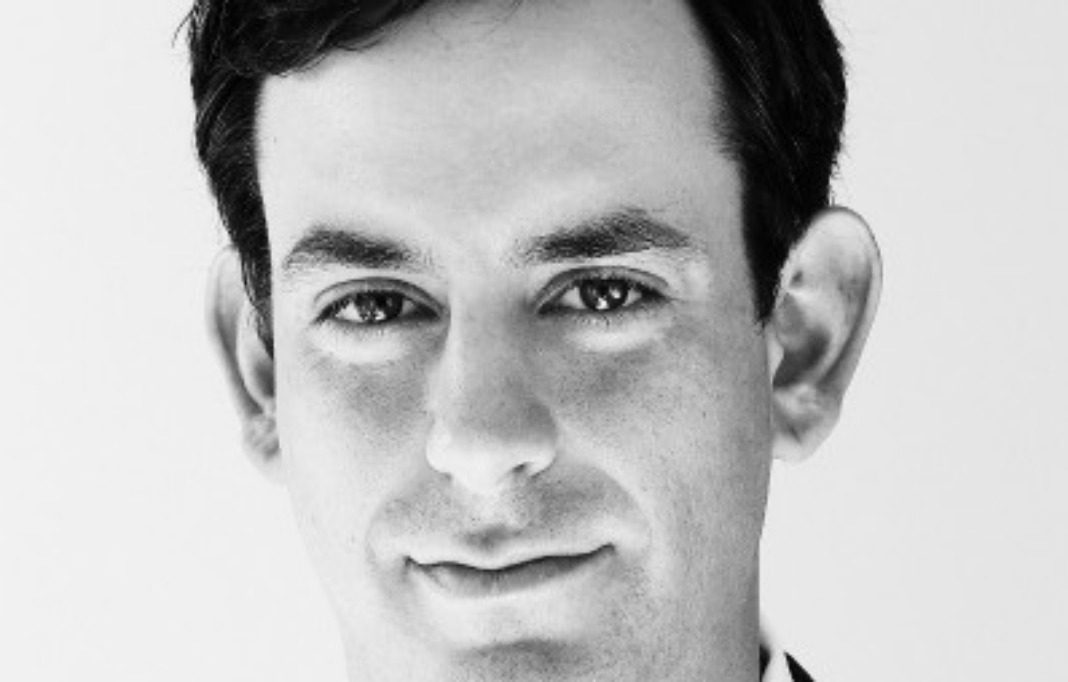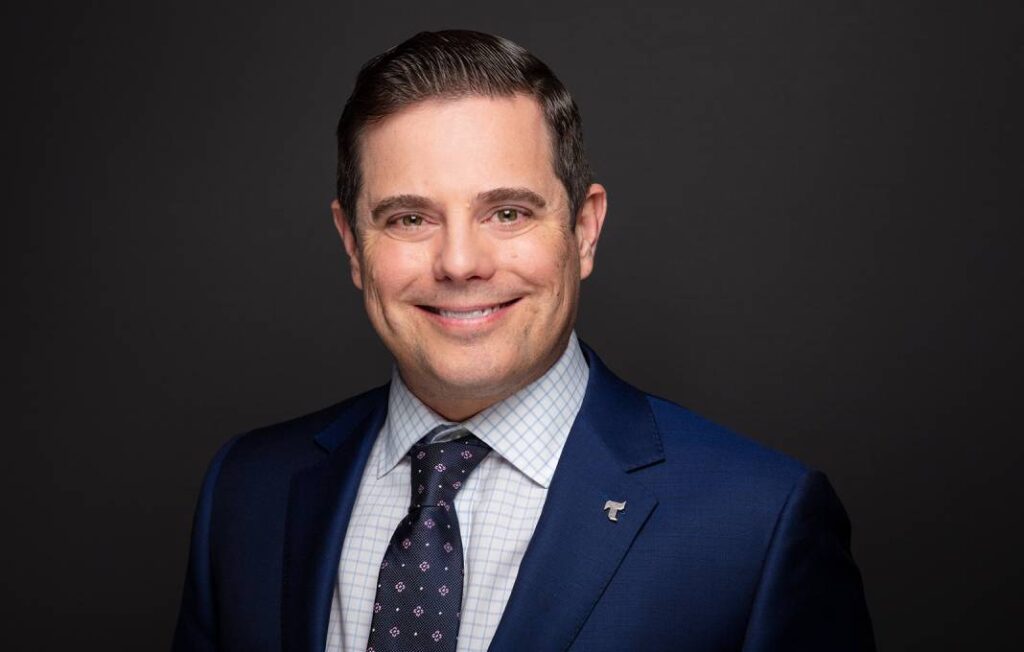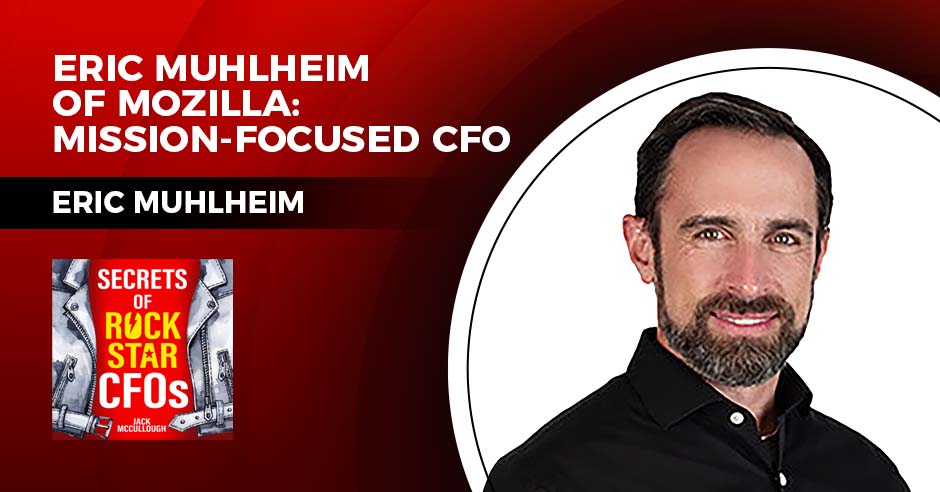Honor Technology—the world’s largest homecare franchisor—is growing fast. But for Andrew Steinberg, CFO of the San Francisco-based company, it’s more important than ever to “understand that change takes time.”
Steinberg, a former managing director at investment bank Evercore and member of Google’s global sales strategy and operations and finance teams, spoke with StrategicCFO360 about “bean counters,” the vast reach of financial metrics and why he’s reducing the finance team’s tech stack.
What initiatives are you spearheading at Honor Technology?
We have a number of growth initiatives on the horizon this year. Since Honor first acquired homecare franchise company Home Instead in August of 2021, we’ve leveraged Honor’s tech platform to catalyze growth for our Visionary Home Instead franchise owners, including the conversion of 25 franchises onto Honor’s Care Platform. Honor’s platform enables these franchises to scale at unprecedented rates by taking over operations and ensuring a seamless and positive experience for both Care Pros and Care recipients. Over the course of 2023, we intend to significantly grow the number of franchises operating on Care Platform.
Additionally, we have initiatives underway to improve operational efficiency through automation, product innovation, density in key metropolitan areas, and improved top-of-funnel recruiting and staffing processes for Care Pros. We also have specific finance operations-related goals, including reducing our finance tech stack from around 25 vendors by ensuring every system has APIs into our centralized ERP, planning tools and data lake; streamlining our expense management system through the recent adoption of Coupa; and optimizing our order-to-cash processes.
What key takeaways or advice would you give other CFOs trying to do the same?
It’s important that CFOs ensure their teams aren’t just bean counters and are instead helping to shape strategy within their respective organizations. Honor’s culture is rooted in cross-functional relationships. Our finance and accounting teams work hand-in-hand with our product, go-to-market and operations, as well as our general and administrative teams to ensure we are all aligned in reaching 2023 and 2024 financial goals.
We consistently use financial and operating metrics to drive nearly every decision at the company. This includes product rollouts, network-wide policy changes, enterprise tech stack optimization, new pricing structures and any major capital deployments.
What have been some of your greatest challenges in the CFO role?
As the largest franchisor in homecare—operating in all 50 states with more than 600 franchises in the U.S. and more than 1,200 franchises in 13 countries internationally—driving change requires patience. We recently rolled out a new policy to incentivize growth across the U.S. market. Ultimately, we believe these incentives will help owners provide more care to more clients, while also allowing owners to grow the value of their franchises. However, we understand that change takes time, consistent coaching from our network performance team, and seamless support from our general and administrative teams.
Any advice you would give to other CFOs going through the same experiences, or those looking to become CFOs?
When looking for roles, look for companies that are solving real societal problems. Such companies should have the technology—or have a real roadmap to building the technology—to solve those problems. They should also have a solid business model and be run by great operators with a strong supportive culture.
Then, as CFO, identify the two to three biggest drivers of growth and unpack all the ways the company can be more efficiently run to devote resources and prioritize those drivers.
Assuming you’ve found a great company with the right culture, you should have a clear path to voice opinions, mobilize resources appropriately, set clear goals and then monitor execution through data and dashboards.








